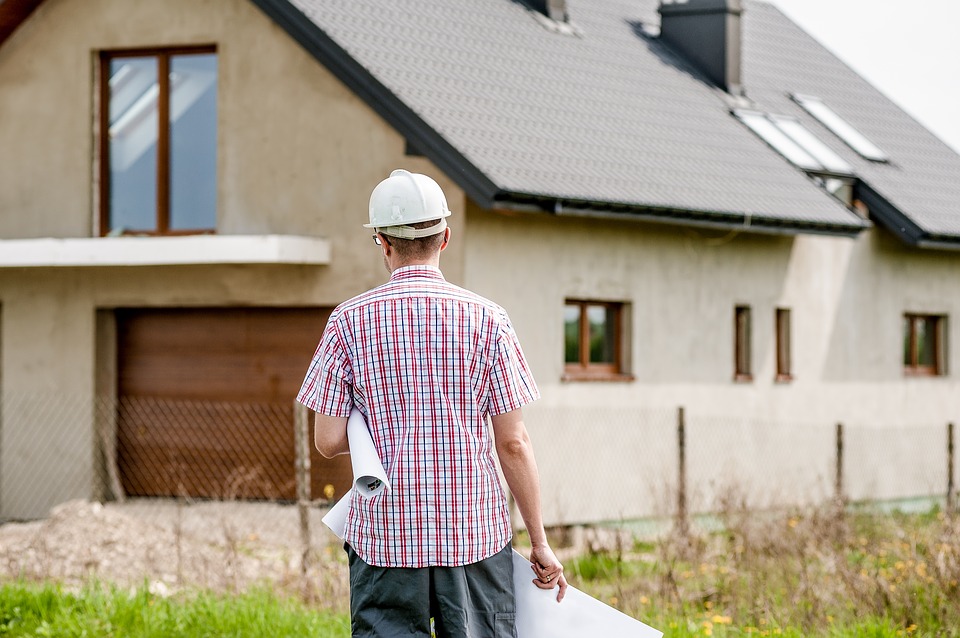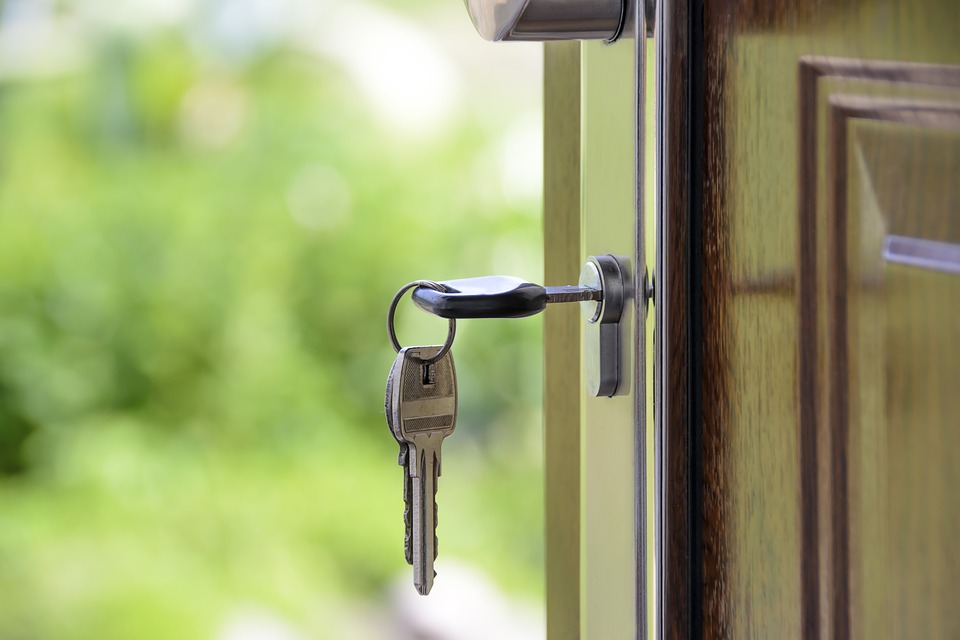4 Things to Know About Your HOA in New York
If you are looking to purchase a piece of property in a development or planned neighborhood in Long Island, there is a good chance you will need to follow the requirements and requests of the homeowners’ association or HOA. When in this position as a buyer, you should understand exactly what it means that your new house would fall under the purview of this entity. Here are the four things a residential real estate lawyer finds most important.
#1: An HOA in New York Can Set the Rules
Many Long Islanders think of an HOA as the entity that handles yard work and hires vendors for a set of properties or neighborhood. Certainly, an HOA in New York performs these functions, but the association has roles beyond repairing fences and fixing the landscaping.

An HOA in New York is often responsible for setting rules and regulations for a development or neighborhood. The exact requirements of the HOA are unique to each development and determined by contractual law. We frequently call HOA rules covenants, conditions, and restrictions or CC&Rs. Failing to keep your property in compliance with the applicable CC&Rs can result in fines or a legal action to compel renovations to your property.
One of the most important facts about CC&Rs is that they often run with the land. This means that the restrictions are imposed on the property in the deed or title. After a sale, the buyer takes ownership of the property subject to the CC&Rs of the HOA.
#2: For Sale Doesn’t Equal In Compliance
Many buyers in Long Island assume a home or condo already on the market is in compliance with the HOA rules and regulations. This might not be the case. It is possible that a homeowner has allowed the property to lapse in terms of requirements or decided to install a feature that breaks the rules. If you purchase the property, you could be required to fix, repair, or replace any incompliant feature.
How can you ensure a property meets the rules of an HOA in New York? As part of the due diligence process, a New York residential property lawyer can review the HOA requirements and property features. This lawyer can point to any potential problems or features and discuss remedies for the issue, including requiring the current owner to cover the costs of a replacement or improvement.

#3: Understand the Costs of an HOA in New York
Every HOA in New York will certain fees for services, maintenance, and enforcement of the rules. From the perspective of the HOA, these fees are reasonable and necessary for the duties performed by the association on behalf of the property owners. At the same time, the associated fees can vary widely and may not seem so fair when the monthly bill becomes due.
HOA fees in Long Island can vary from $80 to over $1,000 per month. There isn’t a specific minimum or legal maximum that is required for an HOA in New York and determination of the fees is entirely up to the private entity. As a property owner under the HOA, you agree to pay these fees at closing when you purchase the property. Often the payment of HOA fees is part of the closing costs.
A buyer can choose to finance the fees associated with an HOA in New York or pay them directly on a monthly or annual basis, as applicable. Further, it is common for buyers to ask for a reduction in the purchase price or other offsets to cover the initial costs of an HOA.
Recourse for the non-payment of HOA fees can vary. In New York, the consequences are determined by contract, with little involvement by other laws or regulations. For example, an HOA in New York has the power to foreclose on your property if you fail to pay the fees.
#4: Benefits of an HOA in New York
Payment of annual or monthly fees, the imposition of specific rules and regulations, and potential punishment for not following the rules may sound like negative aspects of an HOA. There are substantial benefits.
Often, an HOA for residential property is responsible for upkeep and maintenance of the landscaping, sidewalks, streets, and communal areas of a development. These upkeep requirements can even extend to your private property, in terms of hiring a company to cut the grass, trim trees, and repair your mailbox. These are all good uses of your HOA fees that take the burden off your family.
The HOA is also responsible for enforcement of the CC&Rs. This might be problematic if you are the owner of a problematic property, but when it is your neighbor that has an obnoxious garden statute or wants to erect a six-foot fence, you will be glad for the HOA’s powers.
Finally, an HOA in New York could give you and your family access to a number of amenities. Whether it is a communal swimming pool, playground, or lake. These features enhance the desirability and functionality of a neighborhood and generally make it a better place to live. In many instances, they are also features that couldn’t be maintained or created without the backing of an HOA.
Learn More About Your HOA

If you need a knowledgeable individual to review your HOA in New York, you can contact the Law Office of Samilde Perez. Our legal team located in Long Island will review the current deed for the property, the CC&Rs for the HOA and all other relevant documentation. To gain certainty over the requirements of your HOA, contact us at (516) 216-5060.
